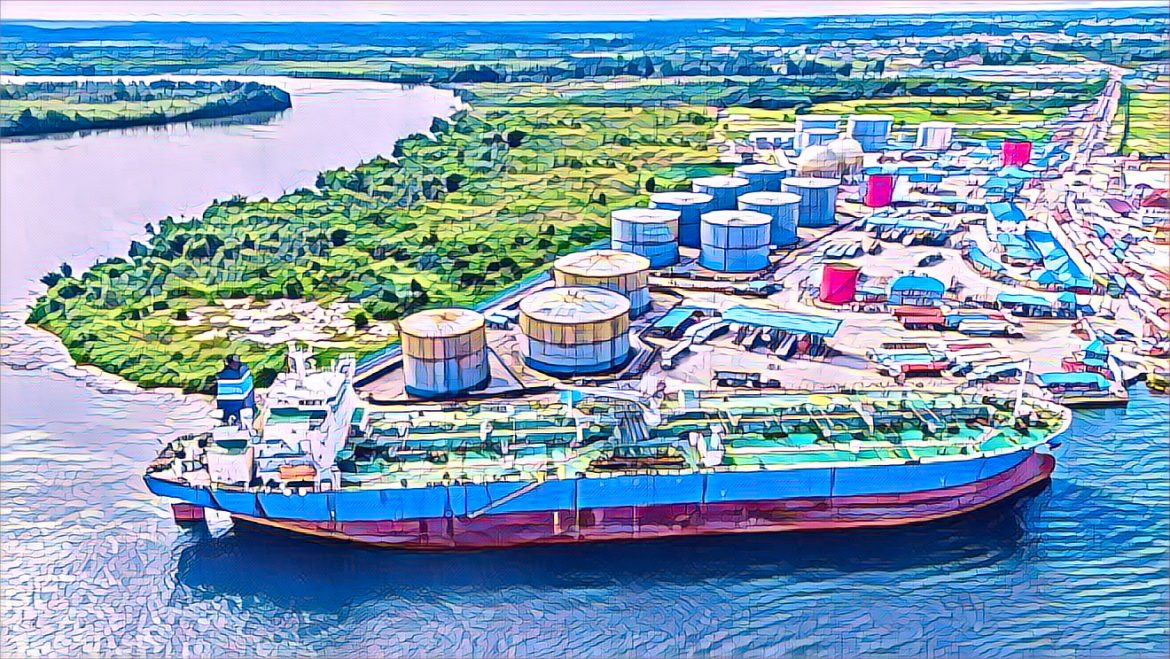Matrix Energy, a Nigerian oil and gas company, has been implicated in importing substandard petrol from Russia via Malta, raising concerns about environmental and public health risks. This revelation comes amid increasing scrutiny of fuel quality in Nigeria, a country that has long grappled with issues related to poor fuel standards and their impact on vehicles and air quality.
According to recent reports, Matrix Energy has been sourcing petrol from Russia, where fuel quality standards are often lower than those required in Nigeria. The fuel is then routed through Malta, a known transit point for oil shipments, before making its way to Nigeria. This process allows the company to bypass stricter regulations and inspections, ensuring that the substandard fuel enters the Nigerian market.
The importation of dirty petrol has significant implications for Nigeria’s environment and public health. Substandard fuel typically contains higher levels of sulfur and other harmful pollutants, which can lead to increased emissions from vehicles. These emissions contribute to air pollution, a growing concern in many Nigerian cities where respiratory problems and other health issues are on the rise.
Moreover, the use of low-quality fuel can damage vehicle engines, leading to higher maintenance costs for consumers and potentially shortening the lifespan of vehicles. This is particularly troubling in a country where many rely on second-hand vehicles and where the cost of repairs can be prohibitive.
Matrix Energy’s actions have drawn criticism from environmental groups and consumer advocates, who argue that the company is putting profit over public welfare. They are calling for stricter enforcement of fuel quality standards and greater transparency in the fuel importation process.
The Nigerian government has vowed to address the issue of substandard fuel imports, with promises of tighter regulations and more rigorous inspections at ports of entry. However, enforcement has historically been weak, and many are skeptical that the government will be able to effectively curb the importation of dirty petrol.
The importation of low-quality fuel is not a new issue for Nigeria. The country has struggled for years with fuel adulteration, smuggling, and other illegal activities that undermine the integrity of the fuel supply chain. Despite these challenges, there has been little progress in ensuring that only high-quality fuel reaches Nigerian consumers.
As the situation unfolds, there are growing calls for accountability. Environmental groups are pushing for penalties against companies like Matrix Energy that are found to be importing substandard fuel. They are also urging the government to strengthen regulations and improve monitoring to prevent further incidents.
For Nigeria, the stakes are high. The continued importation of dirty petrol not only poses a threat to public health and the environment but also undermines efforts to improve the country’s energy sector. As pressure mounts on the government and companies involved in fuel importation, there is hope that these practices will be curbed, paving the way for cleaner, safer fuel for all Nigerians.
Source: businessday.ng


